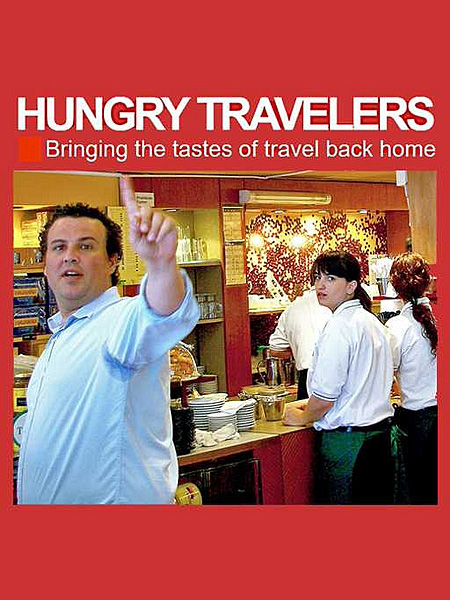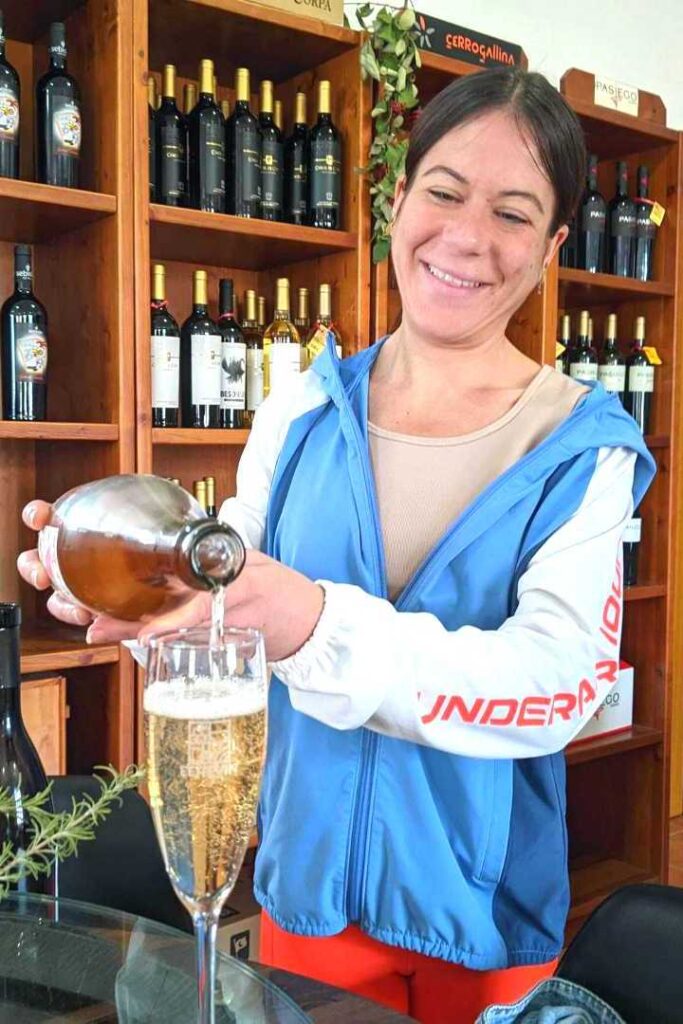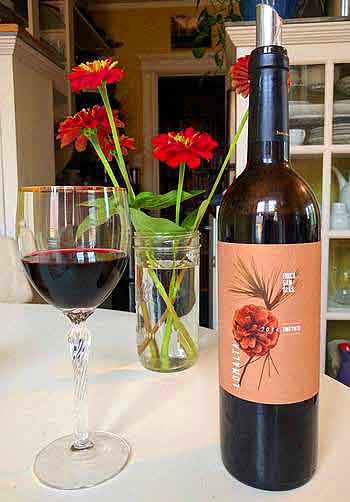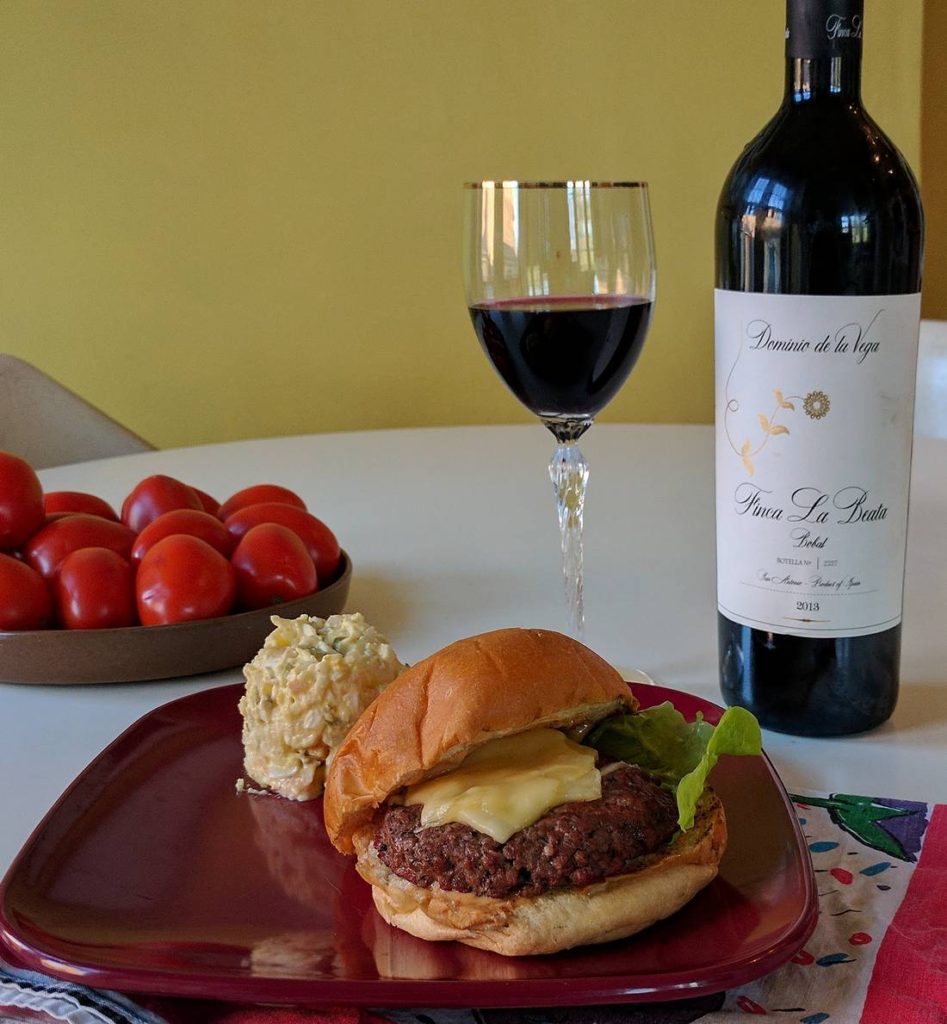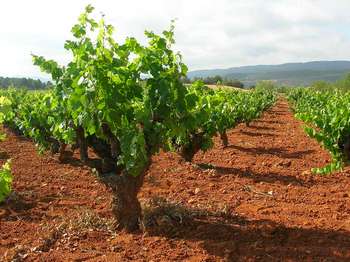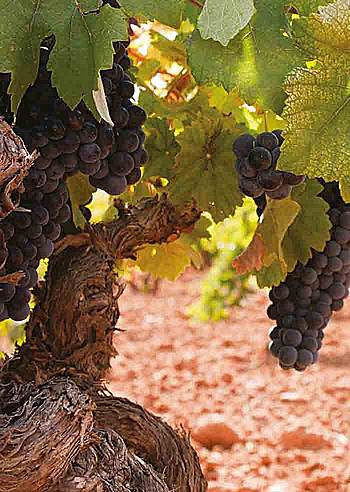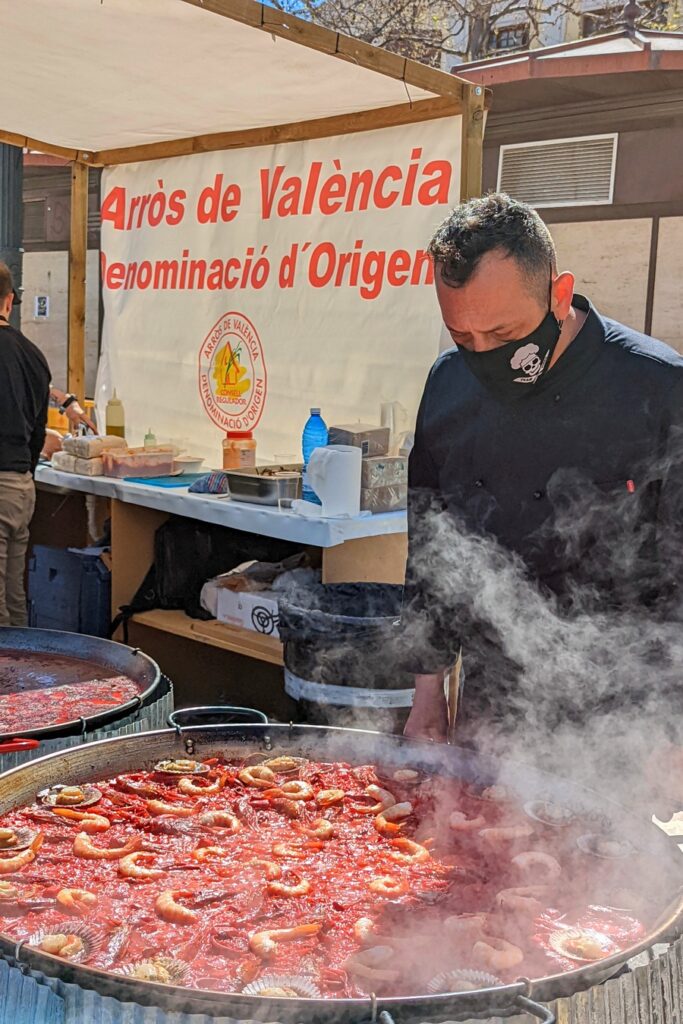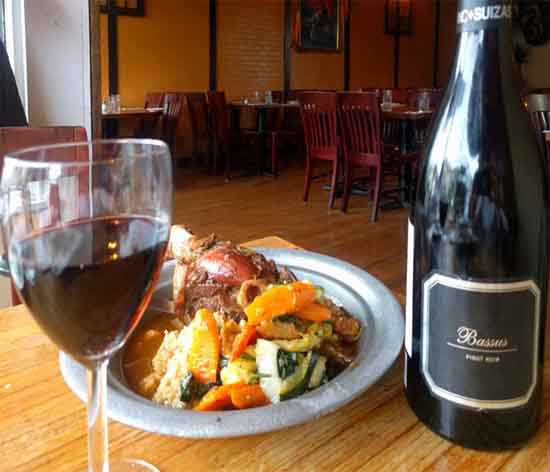
Bassus Pinot Noir from Utiel Requena exudes elegance
Regular readers might recall our summer series on the wines of D.O. Utiel Requena. By and large, those wines represented intriguing expressions of the Bobal grape. The wine we're talking about today was an outlier. Made by Bodegas Hispano+Suizas (bodegashispanosuizas.com), Bassus is the only 100 percent Pinot Noir wine carrying the D.O. Utiel Requena imprimatur. As we tried to figure out what kind of food would go with it, we came across Alia Ristorante (395 Shirley St., Winthrop; 617-539-1600; aliaristorante.com) in Winthrop—a peninsular village east of Boston's Logan Airport. Best of all, Alia (as the chalkboard sign outside indicates) is a BYOB restaurant. Chef-owner Saeed Lahyani named the place for his hometown on the outskirts of Casablanca in Morocco. He has a pretty impressive culinary...Read More
